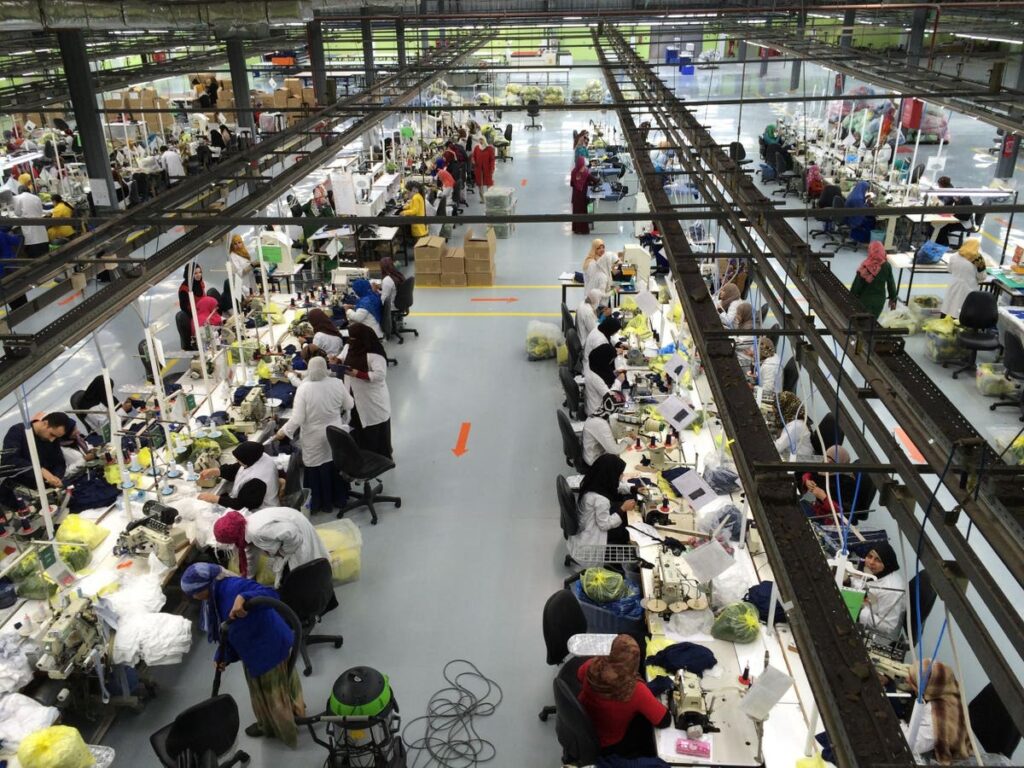Renowned former Wall Street Journal correspondent Leslie T. Chang, known for her acclaimed work “Factory Girls: From Village to City in a Changing China” in 2008, has shifted her focus to Egypt in her latest book “Egyptian Made: Women, Work, and the Promise of Liberation.” This new publication sheds light on the challenges faced by women in Egypt and how these obstacles are hindering the country’s economic growth.
Chang delves into the societal norms in Egypt that perpetuate the belief that daughters are of lesser value than sons, limiting their potential to contribute to the workforce and economy. In a recent email interview, Chang highlighted the contrast between economic priorities prevailing in China, where economics have superseded traditional gender roles, leading to significant societal and economic transformations.
Having previously lived and reported in China for nearly a decade, Chang’s move to Egypt in 2011 was fueled by a desire to explore a new culture and language and expand her storytelling horizons. Her immersion in Egyptian society allowed her to unravel the complex relationship between women and work in the country, touching on themes of economic policy, the textile industry, legal systems, and changing interpretations of Islam.
Drawing parallels between her work on Chinese factory workers and Egyptian women, Chang emphasized the pivotal role of work in liberating individuals from traditional constraints. While China’s rapid economic growth and policy reforms have empowered women to enter the workforce and make independent life choices, Egypt’s more stagnant economic landscape has constrained women’s opportunities for advancement and societal recognition.
Looking ahead, Chang paints a contrasting picture of the economic and social prospects for China and Egypt. China’s status as a global manufacturing powerhouse has evolved over the years, diversifying its exports and industries. In contrast, Egypt’s economic policies have struggled to create a significant manufacturing sector or adequately empower women in the workforce.
Ultimately, Chang’s insightful observations underscore the crucial role of visionary leadership in shaping a country’s economic and social trajectory. While China’s dynamic reforms have propelled it to global economic prominence, Egypt’s stagnant policies and societal norms present barriers to meaningful progress. As Chang aptly notes, the path to change in Egypt will require a comprehensive overhaul of economic policies, education systems, and societal attitudes towards women’s roles and capabilities.
